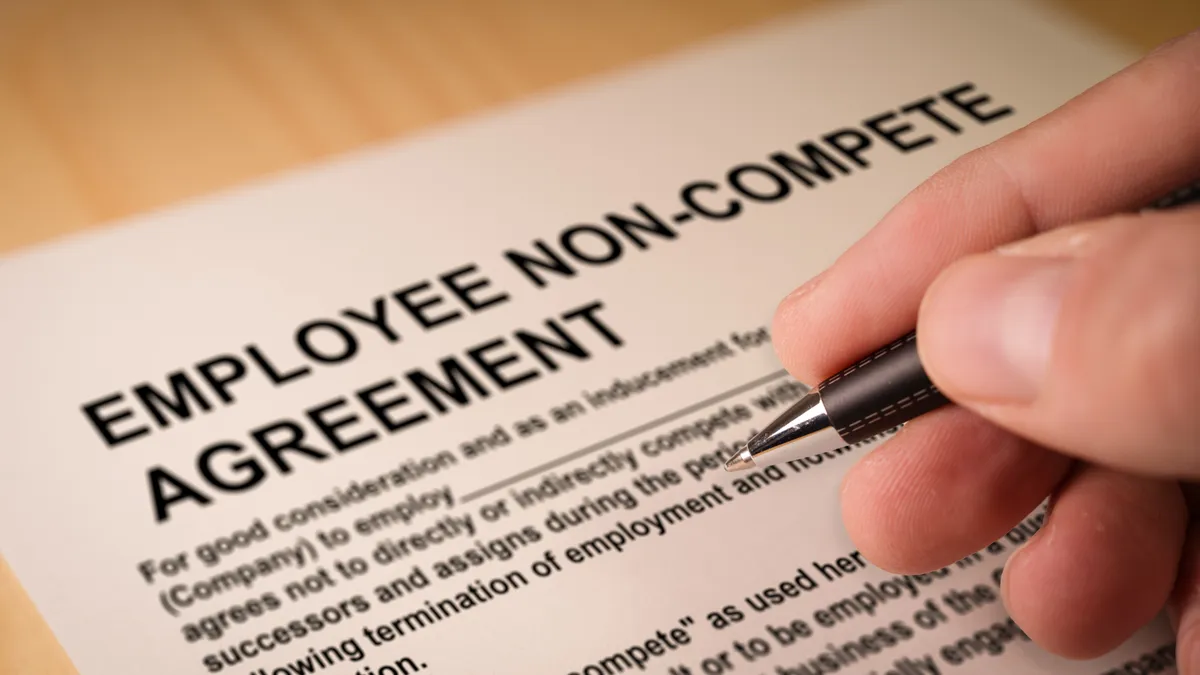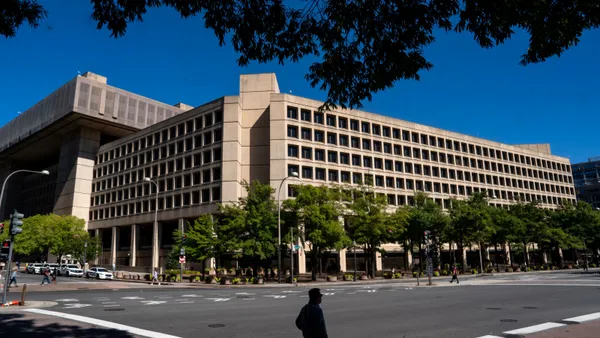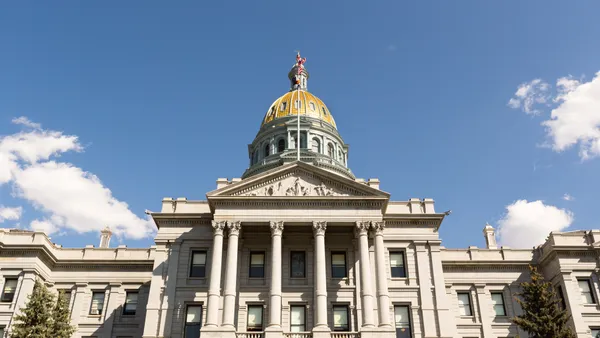Dive Brief:
- Noncompete agreements would be banned under a bill expected to be signed by New York Gov.Kathy Hochul shortly. The legislation follows passage of a similar bill last month in Minnesota, making the two states the latest of about a dozen to prohibit, or seek to prohibit, the agreements, for either some or all employees.
- The push to ban noncompetes gained momentum at the start of the year when the Federal Trade Commission proposed a nationwide ban, putting the federal government in front of a matter that up to this point has been handled mainly by states. The National Labor Relations Board last month joined the fight to limit the use of noncompetes.
- Employer interests are expected to sue to block the FTC rule should the agency finalize it and try to put it into effect. Lawsuits are also likely coming over the new state laws as well. “Litigation regarding the contours of the new law and what types of restrictions will be permissible is expected,” Clifford Atlas and Mary Smith of Jackson Lewis say in an analysis of the New York bill. Analysts say the Minnesota law will also come under scrutiny in lawsuits, particularly for existing noncompetes that aren’t subject to the law.
Dive Insight:
Noncompetes are intended to help employers protect trade secrets and keep employees from taking their company’s business with them when they leave. But critics say employers have been abusing the agreements to hinder employment opportunities for even low-wage workers who have no access to trade secrets or do the kind of work that would threaten a former employer’s customer base.
The New York bill will only apply to agreements signed after the law takes effect, leaving in place existing agreements, and would apply to both employees and independent contractors.
“This definition focuses on the work performed or services provided, irrespective of a traditional employment relationship or independent contractor relationship,” Atlas and Smith say in their analysis.
The bill makes no distinction among employees by compensation amount, so employers wouldn’t be able to use the agreements with higher-income employees, who have traditionally been subject to the restrictions.
However, the bill allows for non-disclosure, non-solicitation and other types of agreements to protect employers’ competitive interests as long as these agreements don’t function as a noncompete – that is, “otherwise restrict competition in violation of this section,” the bill says.
The language is reminiscent of a provision in the FTC’s proposed ban that would prohibit non-disclosure and other agreements to the extent they function as a noncompete.
That means if a competitor decides against hiring someone subject to a non-disclosure agreement solely out of concern of being sued for, say, trade secrets theft, that NDA could be construed as a de facto noncompete.
“Greater care will be needed in drafting NDA such that they are more narrowly drawn,” said Aaron Levine and Matt Todd of Polsinelli in an analysis of the FTC language that might also shed light on the New York provision.
Minnesota law
Governor Tim Walz signed the Minnesota ban on May 24. It will go into effect starting with agreements executed on or after July 1.
Like the New York bill, the Minnesota law permits NDAs, non-solicitation and other similar agreements, but unlike in New York, the language doesn’t include any qualifiers about these agreements functioning as noncompetes.
That opens the door to employers worried about trade secrets or losing business to former employees to rely on these other types of agreements.
“Employers may need to substitute their non-competition agreements with non-solicitation and non-disclosure provisions, among others, that are robust and enforceable,” Benjamin Hamborg and Eric Friske of Henson Efron say in an analysis.
Unlike New York, the Minnesota law allows noncompetes in connection with the sale of a business, and it includes a choice-of-law limitation. That provision, similar to a noncompete ban in Colorado, prevents employers in a different state from mandating an employee in Minnesota use the other state’s law. That forces the employer to abide by the more restrictive law.
Given the direction the federal government has signaled, more states could be passing their own noncompete laws in the months ahead in anticipation of a nationwide ban.
“For the present, employers in many states can still use noncompete agreements,” Matthew Durham and Briana Al Taqatqa of Dorsey & Whitney say in an analysis of the broader trend in noncompete bans. “However, they are under increasing scrutiny, and employers would be wise to review their agreements.”















